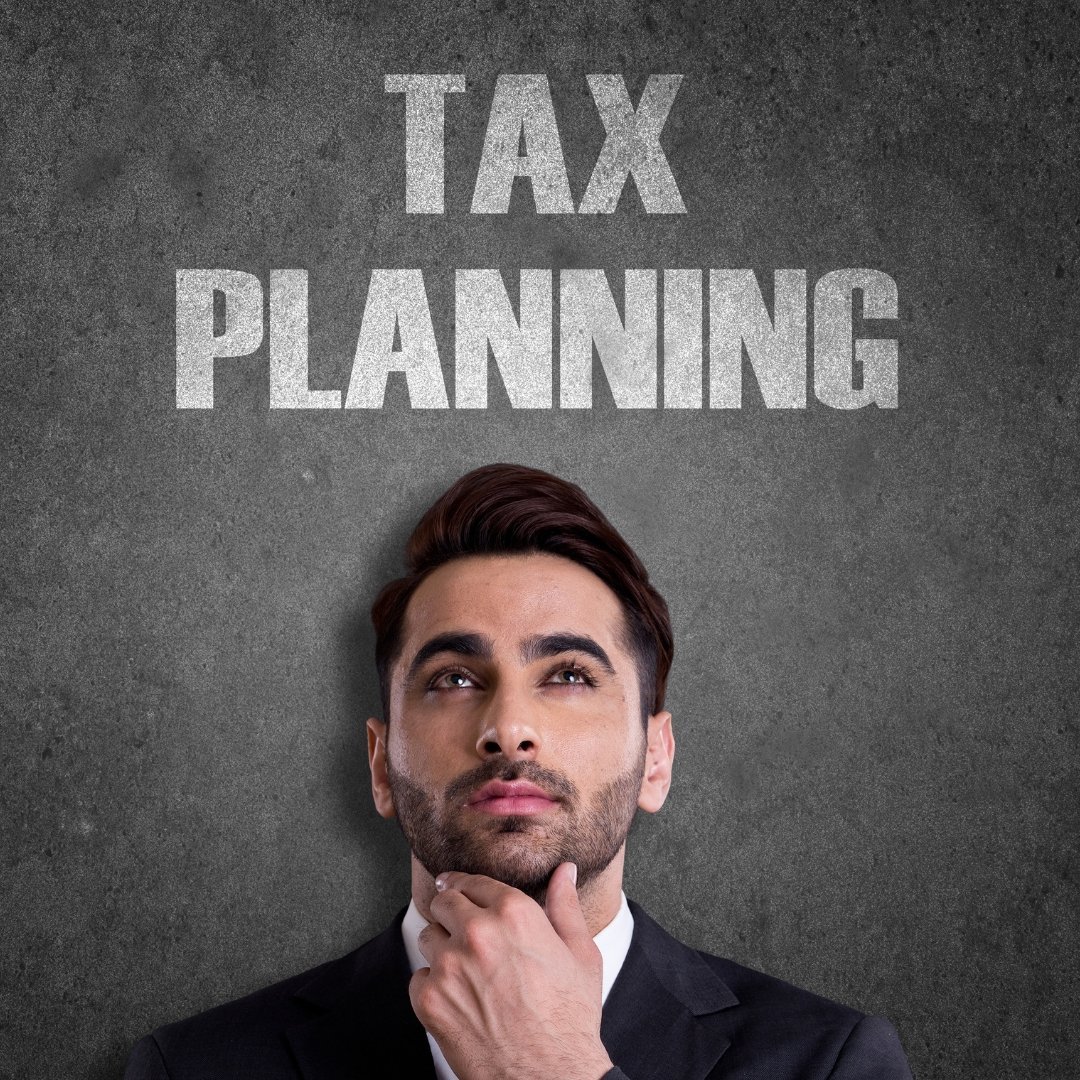Tax planning in May can give you additional benefits. Let’s discuss those in today’s blog.
The Australian tax year ends on 30th June. And everyone starts wondering how much their tax refund will be. To get the maximum bang for your buck, it is important to commence tax planning even before the end of the financial year. For my clients, I suggest starting tax planning in early May. Through this article, I hope, non-business readers would be well prepared to file tax returns from 1st July.
1) Organise your receipts and records
Throughout the year we keep invoices of the paid expenses and over time some of them get faded. In such instances, we use bank statements as evidence. When giving expenses to your accountant, it is always advisable to segregate them into various categories for better tax planning. The major categories of many claim deductions are:
a) Work related: Car, Travel, Education, Number of hours worked from home
b) Gifts and Donations to DGR-registered organizations
c) Cost of managing Tax affairs
d) Property-related expenses:
i) Number of weeks the property was available for rent during the year,
ii) If the loan was re-negotiated, please share the first statement of the new loan with your accountant
iii) End of financial year statement from real estate agent for a summary of various expenses
iv) Depreciation schedule prepared by an ATO-registered Quantity Surveyor
v) Interest paid on the loan to secure the property
vi) Some expenses like LMI are deductible over many years.
vii) Stamp duty is part of property acquisition cost and is not deductible in the tax return. But some properties are built on Crown land. These properties attract Lease expenses. This Lease expense can be included in the tax return
viii) Any expense incurred on the property not mentioned above
For a detailed read, please visit the Australian Tax Office’s Guide for rental property owners, Rental Properties 2019.
Please note that where the tenant is not at arm’s length, ATO may deem the expenses as private in nature and only permit deductions to offset rental income.
2) Consult your tax accountant
It pays rich dividends to work with a specialist. Not all accountants have knowledge of all aspects of the Tax Act. Please spend some quality time understanding who can help you in the long run and provide you with efficient tax planning services. A cheap accountant may not want to spend time assisting you when it is needed. And this may cost you a lot more in the long run. It does not hurt to pay some extra for tax planning as some strategies may take nearly 2 months to implement. Using an accountant is also likely to save you time and money with efficient tax planning, as they know exactly what deductions you can qualify for. Ensure that your accountant is a member of leading accounting bodies like ICAA or CPA Australia.
3) Start tax planning for the next year
a) Review your loans and finances
The end of the financial year is a great time to review how your investment property is performing and to review how well your loan is serving you. Make sure your investment loan is still right for your needs. Remember a loan is more than the interest rate!!! Discuss your loan with a good mortgage broker. Remember mortgage brokers deal with many lenders. They should be able to share comparatives from at least 3 lenders in dollars. Interest rates are difficult to decipher. It is easier to look at things in simple dollars over 30 years. Then take these numbers to your accountant/financial planner to see what works best for you.
b) Review your investments and insurance
Speak with a financial planner for your tax planning. They are skilled professionals who can review your insurance coverage and investments. Again, like mortgage brokers, financial planners offer products from many insurers. Where insurance needs to be changed, ensure they share comparisons in product features and cost across at least 3 insurers. Many will be happy to review your insurance needs for free. However, for investment/ superannuation review most will charge.
To summarise, it is advisable to approach your financial adviser in early May for starting preparation for tax time. Yes, this long-term relationship with your adviser will cost extra but the long-term benefits will far exceed the money spent on tax planning.
Disclaimer: The article is general in nature and does not consider your personal circumstances. Your full financial situation will need to be assessed prior to acceptance of any offer or product. To discuss please email your contact details and scenario to vivek@finkonsel.com.au or call 0415675780.
Vivek Perti is a Director at FinKonsel Accounting Pty Ltd. an accounting firm operating as Registered Tax Agent# 25767376. As a mortgage broker, he is Credit Rep# 473246 authorized under Australian Credit License 389328. As a financial planner, he is registered as AFS Rep# 001255271 authorized under AFSL 482937.








